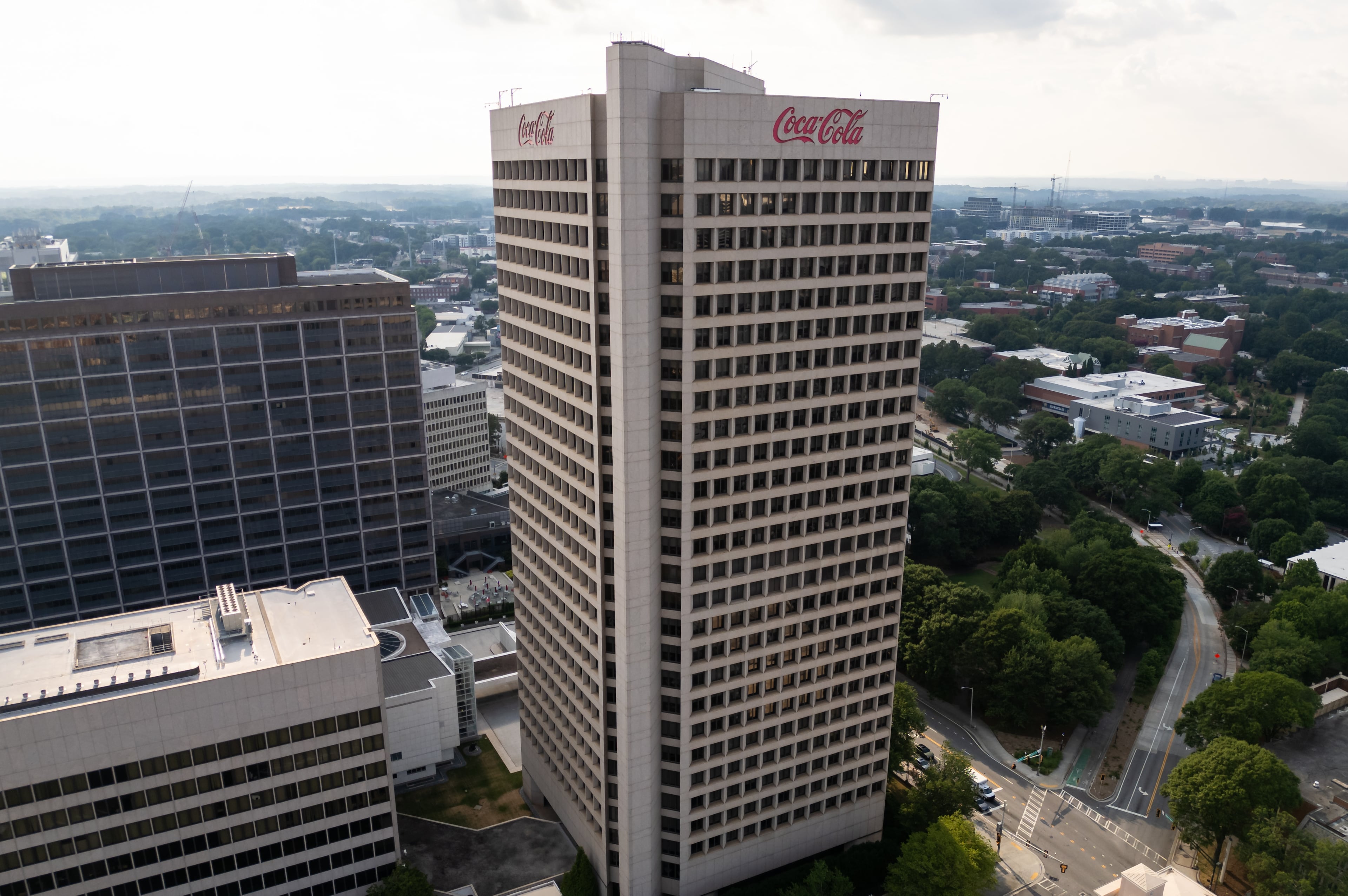Vibrations at second new Vogtle nuclear reactor trigger new delay

The completion of the second new nuclear reactor at Plant Vogtle near Augusta has been delayed again, Georgia Power announced Thursday afternoon, and the company’s earnings will likely take a hit as a result.
In a disclosure to shareholders filed by its parent, Southern Company, Georgia Power said vibrating pipes in one of the unit’s critical cooling systems were recently detected during start-up testing on the reactor, known as Unit 4.
The company did not disclose exactly when it uncovered the issue, but said the problem has been fixed. The resulting delay, however, will push the reactor’s in-service date into the second quarter of this year, and perhaps beyond.
Georgia Power spokesman Jacob Hawkins said in a statement that “the unit is in a safe condition, and there is no safety impact ...”.
Thursday’s announcement is the latest setback for the Plant Vogtle expansion, a project billions over budget and vexed by years of delays. Once online, the two reactors combined will produce enough carbon-free electricity to power 1 million homes.
In its filing with the federal Securities and Exchange Commission, Georgia Power wrote, “New challenges also may continue to arise as Unit 4 moves further into testing and start-up, which may result in required engineering changes or remediation related to plant systems, structures, or components ...”.
Unit 4 had been expected to enter service by the end of March. That new deadline was set last fall after a separate issue involving a faulty motor inside one of the reactor’s four coolant pumps pushed the project’s projected completion beyond the end of 2023.
The company said the problem at Unit 4 is similar to one discovered at its twin, Unit 3, last year during start-up testing. In that incident, it was revealed that critical pipe support bracing was not installed during construction. Fixing the problem delayed Unit 3′s completion by several months, but the unit was eventually placed into service last summer, becoming the first new nuclear reactor built from scratch in the U.S. in more than three decades.
Unit 3 entered service more than seven years behind schedule, and Unit 4 will now likely reach the finish line more than seven years later than expected. The project’s total costs have surpassed $35 billion.
Before the unit produced any electricity, the average residential customer had already paid about $1,000 over the last decade-plus in their monthly bills to cover financing costs.
Late last year, state regulators voted to approve a deal that passed $7.56 billion of Vogtle’s construction costs onto the company’s ratepayers. The result for the average residential customer using 1,000 kilowatt-hours of electricity a month is a cumulative increase of $14.38 in their monthly bills. A portion of that increase — about $5.42 — kicked in last year after Unit 3 entered service. The rest will take effect when Unit 4 comes online.
But the agreement also set a hard deadline of March 31, for Georgia Power to place Unit 4 into commercial service. If the project is not finished by that date, the company’s rate of return will be slashed to zero until it is complete.
The company’s earnings could dip by $30 million a month until the month after Unit 4 is completed as a result, the company said in its disclosure. The delay will also result in additional capital costs of $15 million per month, but those should not affect customers’ rates.
Georgia Power currently holds the largest ownership stake in the project with 45.7%, followed by Oglethorpe Power (30%), the Municipal Electric Authority of Georgia (22.7%) and Dalton Utilities (1.6%).
The filing says more information about the Vogtle expansion’s timeline for completion will be revealed during Southern Company’s earnings call later this month.
Vogtle Unit 3, meanwhile, was offline temporarily earlier this week for what a Nuclear Regulatory Commission spokesman said was “scheduled maintenance.” On Friday morning, the agency’s website showed Unit 3 was operating at 35% power.
A note of disclosure
This coverage is supported by a partnership with Green South Foundation and Journalism Funding Partners. You can learn more and support our climate reporting by donating at ajc.com/donate/climate/



